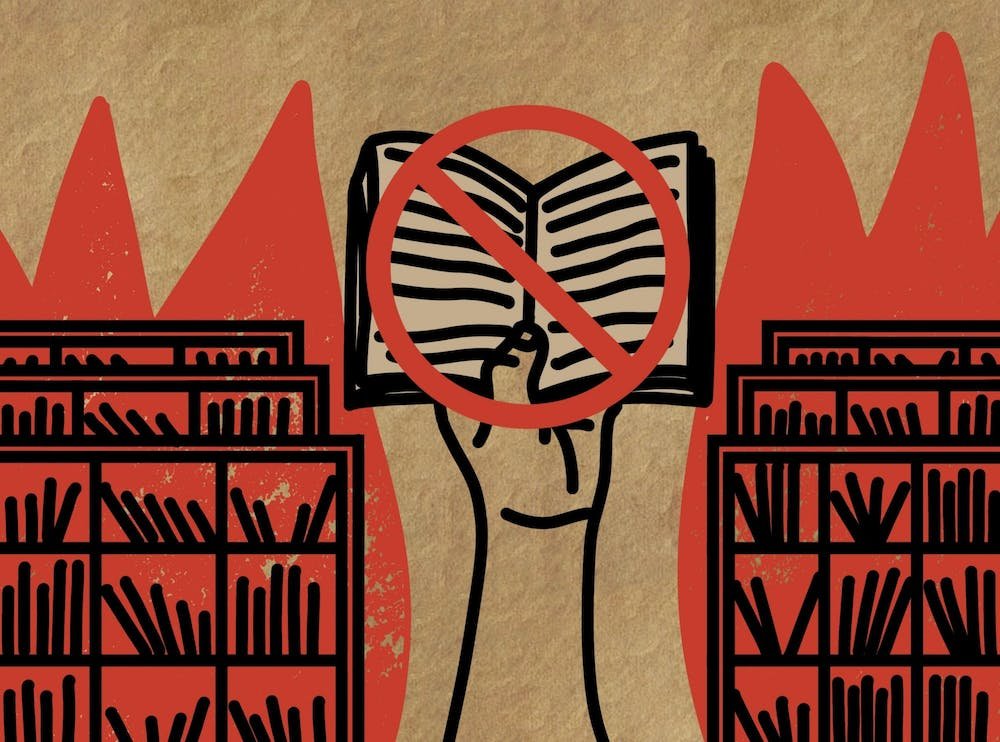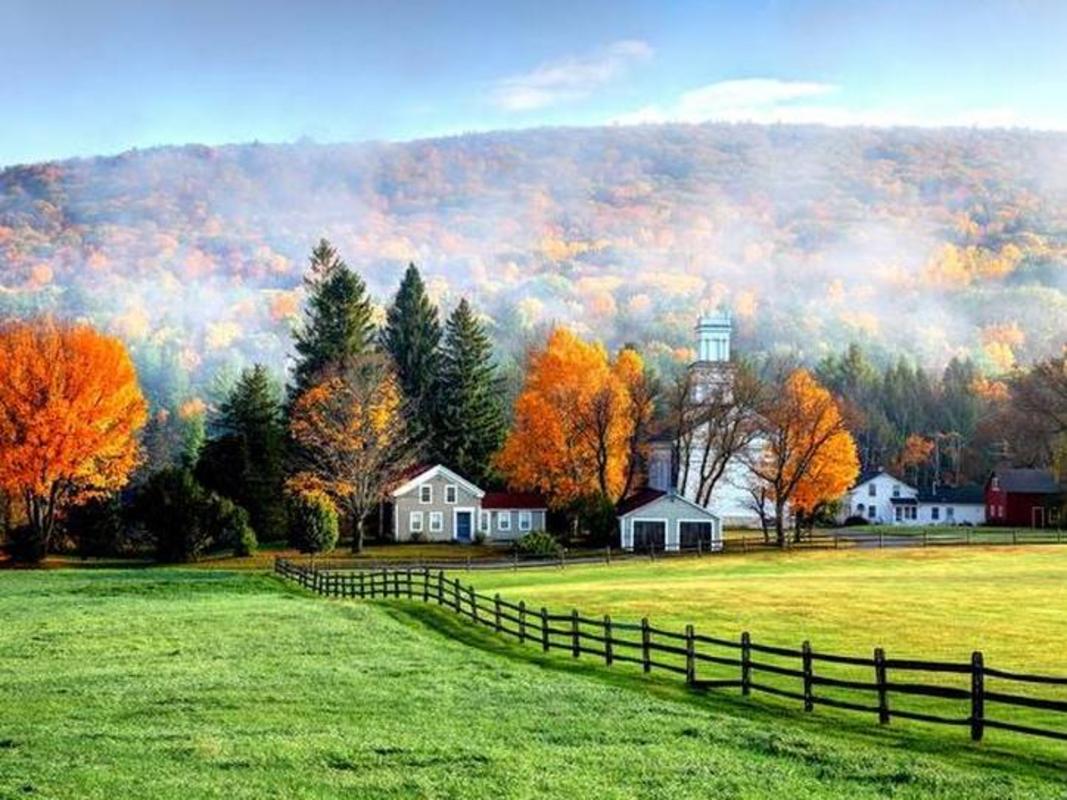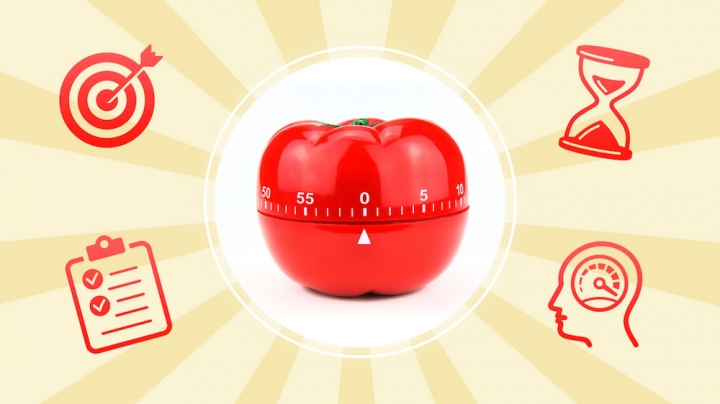
Throughout history, some argue that censorship protects readers from harmful content, others believe it restricts intellectual freedom and suppresses important voices. But who decides what is appropriate? And why are certain books considered dangerous or controversial?
In this guide, we will explore:
- The history and reasons behind book censorship.
- Famous banned books and their impact.
- Censorship in different countries and cultures.
- The role of libraries, schools, and governments in book banning.
- The fight for literary freedom and the future of banned books.
1️⃣ The History of Book Censorship

Censorship has existed for centuries, often driven by religious, political, or moral concerns. Many books considered classics today were once banned or censored due to their challenging ideas, explicit content, or revolutionary themes.
📜 Early Censorship (Ancient Times – Middle Ages)
- China (213 BCE): Emperor Qin Shi Huang ordered the burning of Confucian texts to eliminate intellectual opposition.
- Ancient Greece (399 BCE): Socrates was executed for his teachings, accused of corrupting youth with dangerous ideas.
- Catholic Church (16th Century): The Index Librorum Prohibitorum (List of Prohibited Books) banned books like Galileo’s writings and Martin Luther’s works.
📌 Impact: Censorship was used to control public thought and religious beliefs, often punishing those who challenged authority.
📚 2️⃣ Reasons Why Books Are Banned
Books are banned for various reasons, often depending on cultural, political, or moral concerns.
🛑 1. Political Censorship
- Governments ban books that criticize authority, promote rebellion, or challenge national ideologies.
📌 Examples:
- 1984 by George Orwell – Banned in the Soviet Union for criticizing totalitarianism.
- The Satanic Verses by Salman Rushdie – Banned in several Islamic countries for blasphemy.
🛑 2. Moral & Religious Censorship
✔ Books are banned for challenging religious beliefs, discussing sexuality, or promoting “immoral behavior”.
📌 Examples:
- The Catcher in the Rye by J.D. Salinger – Banned for profanity, sexual content, and rebellion against authority.
- The Bible & The Quran – Banned in some countries due to religious conflicts.
🛑 3. Social & Cultural Censorship
✔ Books that address racism, LGBTQ+ themes, violence, or controversial history are often targeted.
📌 Examples:
- To Kill a Mockingbird by Harper Lee – Banned for depictions of racism and offensive language.
- Maus by Art Spiegelman – Banned in some schools for depicting the Holocaust with graphic content.
3️⃣ Famous Banned Books & Their Impact
Many banned books later became recognized as literary masterpieces, proving that censorship often suppresses important knowledge discussions.
📖 1. 1984 by George Orwell (1949)
- A dystopian novel about government surveillance and totalitarianism.
- Banned in the Soviet Union for its anti-communist themes.
- Today, it’s considered one of the greatest political novels ever written.
📌 Lesson: Governments fear books that expose political oppression.
📖 2. The Handmaid’s Tale by Margaret Atwood (1985)
- Explores women’s rights, authoritarian control, and religious extremism.
- Banned in U.S. schools for sexual content and political themes.
📌 Lesson: Books about gender and power remain highly controversial.
📖 3. The Diary of Anne Frank by Anne Frank (1947)
- A real-life diary of a Jewish girl hiding from Nazis during World War II.
- Banned in some schools for “depressing content” and “graphic descriptions”.
📌 Lesson: Even historical realities can be censored when they challenge dominant narratives.
📖 4. Fahrenheit 451 by Ray Bradbury (1953)
- A novel about a future where books are outlawed and burned.
- Ironically, the book itself has been banned in some schools for offensive language.
📌 Lesson: Censorship silences critical thinking and intellectual freedom.
4️⃣ Book Banning in Different Countries
Censorship varies worldwide, depending on political systems, cultural values, and government control.
🌍 United States 🇺🇸
- Challenges from parents & school boards lead to book bans in schools.
- Books about race, gender, and history are the most targeted.
📌 Recent Example: In 2021, Texas attempted to ban books discussing racism, sexuality, and history in school libraries.
🌍 China 🇨🇳
- Books critical of the government or communism are banned.
- Winnie the Pooh was banned after comparisons to President Xi Jinping.
📌 Example: Animal Farm and 1984 remain censored in China.
🌍 Russia 🇷🇺
- Books promoting LGBTQ+ rights or Western political views are restricted.
- Many Ukrainian literature books were banned after political tensions.
📌 Example: Books that discuss Stalin’s crimes are restricted in Russia.
🌍 Middle Eastern Countries 🇸🇦🇮🇷
- Books discussing feminism, religion, or LGBTQ+ topics face bans.
- Religious texts and political dissent are often censored.
📌 Example: The Satanic Verses by Salman Rushdie led to a death fatwa against the author.
5️⃣ The Fight Against Censorship: Defending Intellectual Freedom
📚 1. Banned Books Week (Global Movement)
- An annual event celebrating the right to read freely.
- Encourages readers to explore controversial books and discuss censorship.
📌 Slogan: “Censorship leaves us in the dark. Keep the light on!”
📚 2. Libraries & Organizations Defending Books
- The American Library Association (ALA) tracks and fights book bans.
- PEN America & Amnesty International support writers persecuted for their work.
📌 Example: Many schools reversed bans on Maus after public outrage.
📚 3. Digital Resistance: The Role of the Internet
- E-books, PDFs, and audiobooks help people access banned literature.
- Encrypted libraries and online archives protect free speech.
📌 Example: The “Library of Forbidden Books” in Minecraft allows access to censored works in restricted countries.
Conclusion: The Power of Books & Free Thought
Censorship remains a powerful force, but history proves that banning books does not silence ideas. Instead, it makes them stronger. Literature shapes politics, culture, and individual identity, and the fight against book banning continues to be a fight for intellectual freedom.
💬 What are your thoughts on book censorship? Have you read any banned books? Share your opinions below! 📚🚫🔥
Related Posts
 Program Double Degree: Jalan Menuju Dua Gelar Peluang Global
Program Double Degree: Jalan Menuju Dua Gelar Peluang Global
 Idyll: The Pastoral Life Idealized
Idyll: The Pastoral Life Idealized
 Teknik Pomodoro: Cara Seru Atur Waktu Biar Fokus Belajar
Teknik Pomodoro: Cara Seru Atur Waktu Biar Fokus Belajar
 Menyelami Dunia Jurnal Mahasiswa: Panduan Santai namun Serius untuk Mahasiswa Indonesia
Menyelami Dunia Jurnal Mahasiswa: Panduan Santai namun Serius untuk Mahasiswa Indonesia



